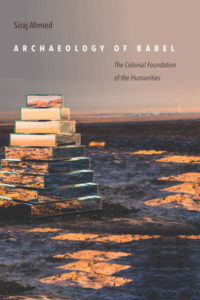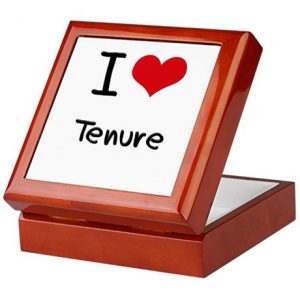At FFPP’s April 12th Professional Development Day, John Tsapogas from the Research Foundation led a workshop on STEM grant writing at CUNY. While we asked John to gear his presentation toward investigators in STEM fields, he offered valuable advice for all CUNY faculty, including in the humanities and social sciences. We encourage all Fellows to make use of the list of TIPS FOR WRITING COMPETITIVE PROPOSALS below. For the full grant writing presentation, see Grant Writing @ CUNY. All Fellows engaged in quantitative research should familiarize themselves with the CUNY Graduate Center Quantitative Research Consulting Center.
TIPS FOR WRITING COMPETITIVE PROPOSALS
–Sponsors want to know the size and scope of intellectual payoff
–Proposal should use plain, simple English-avoid technical language as much as possible
–This is not a journal article presenting research results it is a proposal to conduct research
–Identify what you will study (research questions, theories, hypotheses, methods), your research plan, your team, and your budget, your project evaluation
–Do not include more information than requested in the announcement
–Use tables, figures, and flow charts to save words if you need more space
–Adhere to all formatting rules (page limitations, font sizes, style of biosketches of key personnel, bibliography) and make it visually appealing and easy on reviewers
–Include sufficient budget justification, current and pending support, institutional facilities and equipment to be used in the research, a data management plan, and postdoctoral mentoring plan, IRB, and letters of commitment if needed
–Get your proposals peer reviewed by RF APPS prior to submission. If heavily data oriented use the CUNY Graduate Center Quantitative Research Consulting Center
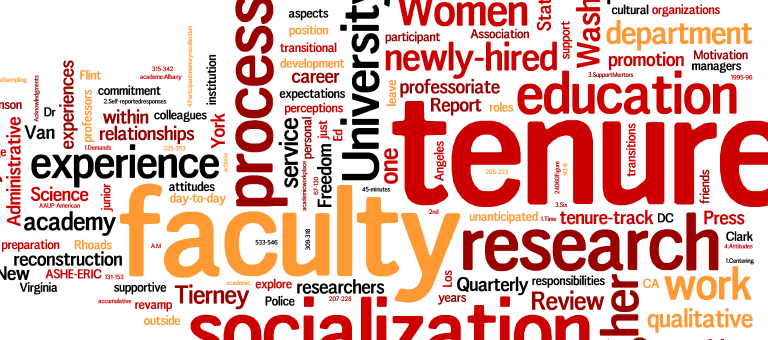
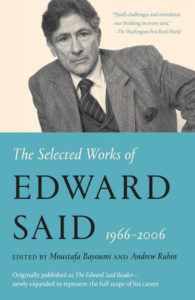
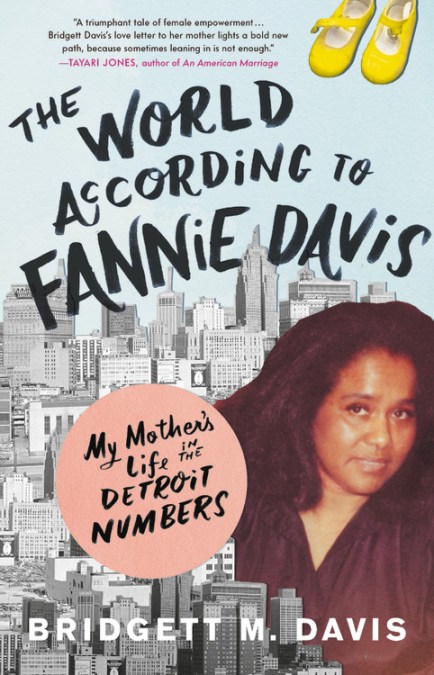 In 1958, a pretty young mother from Nashville, Tennessee borrowed $100 from her brother to run a Numbers racket out of her tattered apartment on Delaware Street, in one of Detroit’s worst sections. That woman was Fannie Davis, Bridgett M. Davis’ mother.
In 1958, a pretty young mother from Nashville, Tennessee borrowed $100 from her brother to run a Numbers racket out of her tattered apartment on Delaware Street, in one of Detroit’s worst sections. That woman was Fannie Davis, Bridgett M. Davis’ mother.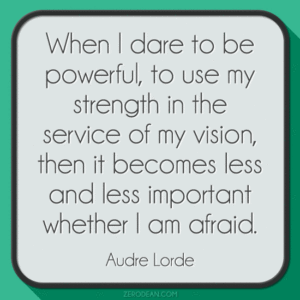 Happy New Year, everyone! Since January is a month when we can energize our commitment to our research and writing goals, its worthwhile to think about how we can chart a course toward success.
Happy New Year, everyone! Since January is a month when we can energize our commitment to our research and writing goals, its worthwhile to think about how we can chart a course toward success.